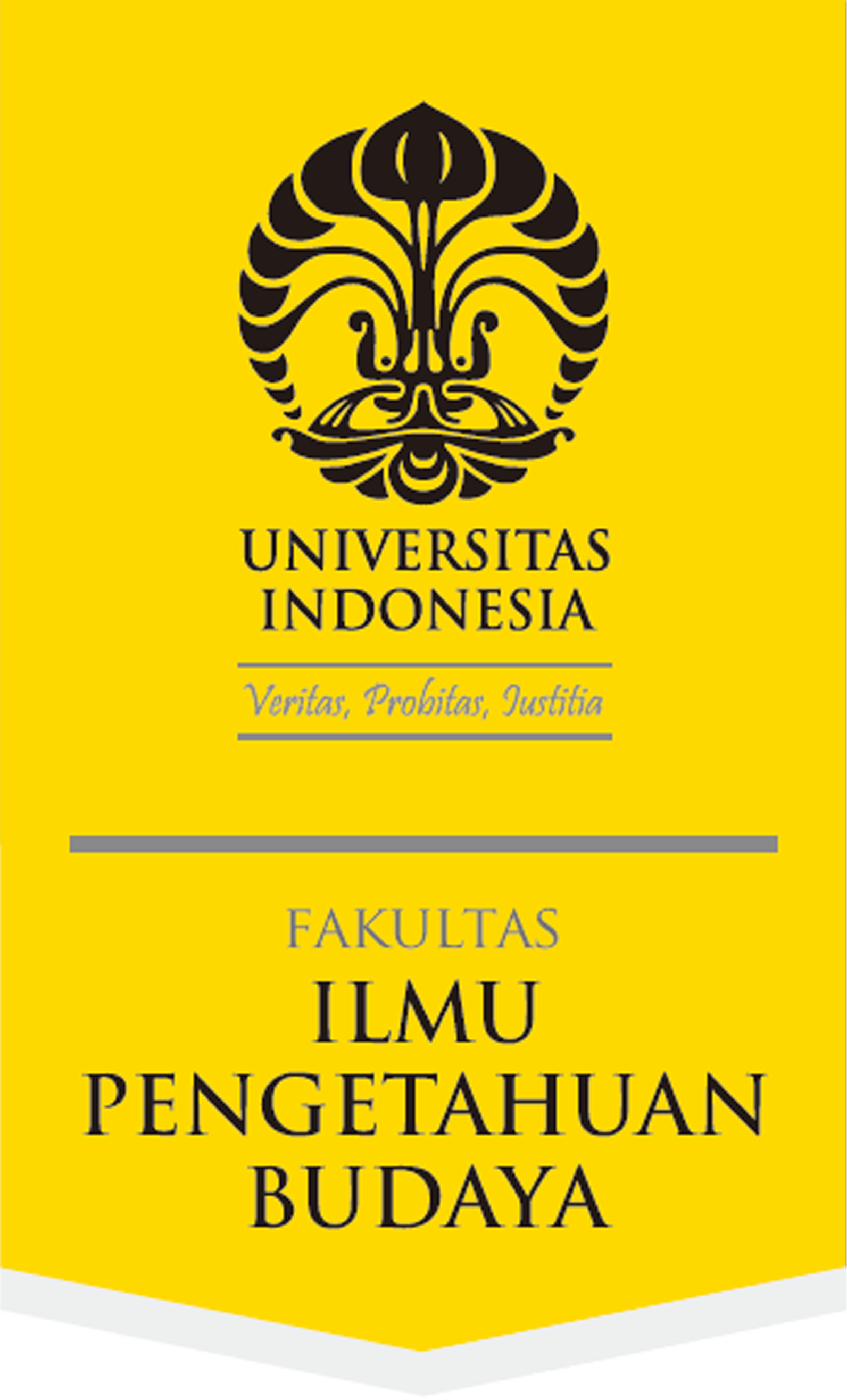Abstract
Nikolai Vasilievich Gogol is one of Russian writers who played important role in the Golden Age of Russian literature in the XIX century. He created a new writing style called critical realism where reality is represented as bad and negative, with an assumption that people through such representation will attain a new awereness of reality. This paper aims at exploring the idea of concept of critical realism through the examination of the characters in Gogol's works in Dead Souls. An analysis of the characters in Dead Souls reveals an understanding of critical realism. Social critics in these works are presented in ironic humor that they do not appear too harsh. The conflict between the characters indicated by their humanization and desocialization which produce a condition where individuals oriented only to material concerns. There was a depersonalization process where a human being loses himself. There was also a description of how Russian values found in local wisdom (obchshina) that emphasizes communal life, familiarity of equality (obshestvo), simplicity and honesty (narodnicestvo) and non-religiousity (sveti lyudi) disappear, defeated by the increasing materialism.
References
Gogol, N.V. (1980), A Selection. English Translation Progres Publisher.
Gogol, N.V. (1980), Myortvye Dushi. Moskwa: Viesshaya Shkola.
Gogol, N.V. (1981), Jiwa-Jiwa Mati, terjemahan oleh Koesalah Soebagja Toer. Jakarta: Pustaka Jaya.
Grimes, J.E. (1975), The Tread of Discourse. The Hague: Mouton.
Hardjana, Andre. (1985), Kritik Sastra Sebuah Pengantar. Jakarta: PT. Gramedia.
Junus, Umar. (1982), Mitos dan Komunikasi. Jakarta: Penerbit sinar Harapan.
Mezentsev. (1963), Istorija Ruskoj Literatury XIX Veka (Perwaya Polovin). Moskwa: Gosudarstvennoye Izdatel’stvo “Vysshaja Shkola”.
Mirsky, D.S. (1960), A History of Russian Literature. New York: Alfred A. Knoff.
Moser, C.A. ed. (1989), The Cambridge History of Russian Literature I. New York: Cambridge University Press.
Shepilova, L.V. (1956), Vvedenie v Literaturovedenie. Moskwa: Gosudarstvennoye Ucebno-Pedagogiceskoye Izdatels’tvo Ministerstvo Provetseniya RSFSR.
Recommended Citation
Limbong, Banggas
(2003)
"Realisme Kritis dalam Myortevye Dushi,"
Wacana, Journal of the Humanities of Indonesia: Vol. 5:
No.
2, Article 5.
DOI: 10.17510/wjhi.v5i2.326
Available at:
https://scholarhub.ui.ac.id/wacana/vol5/iss2/5









